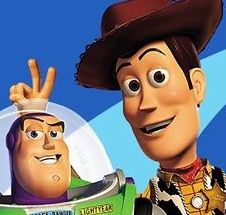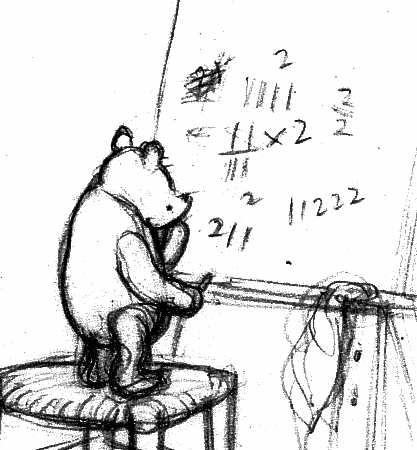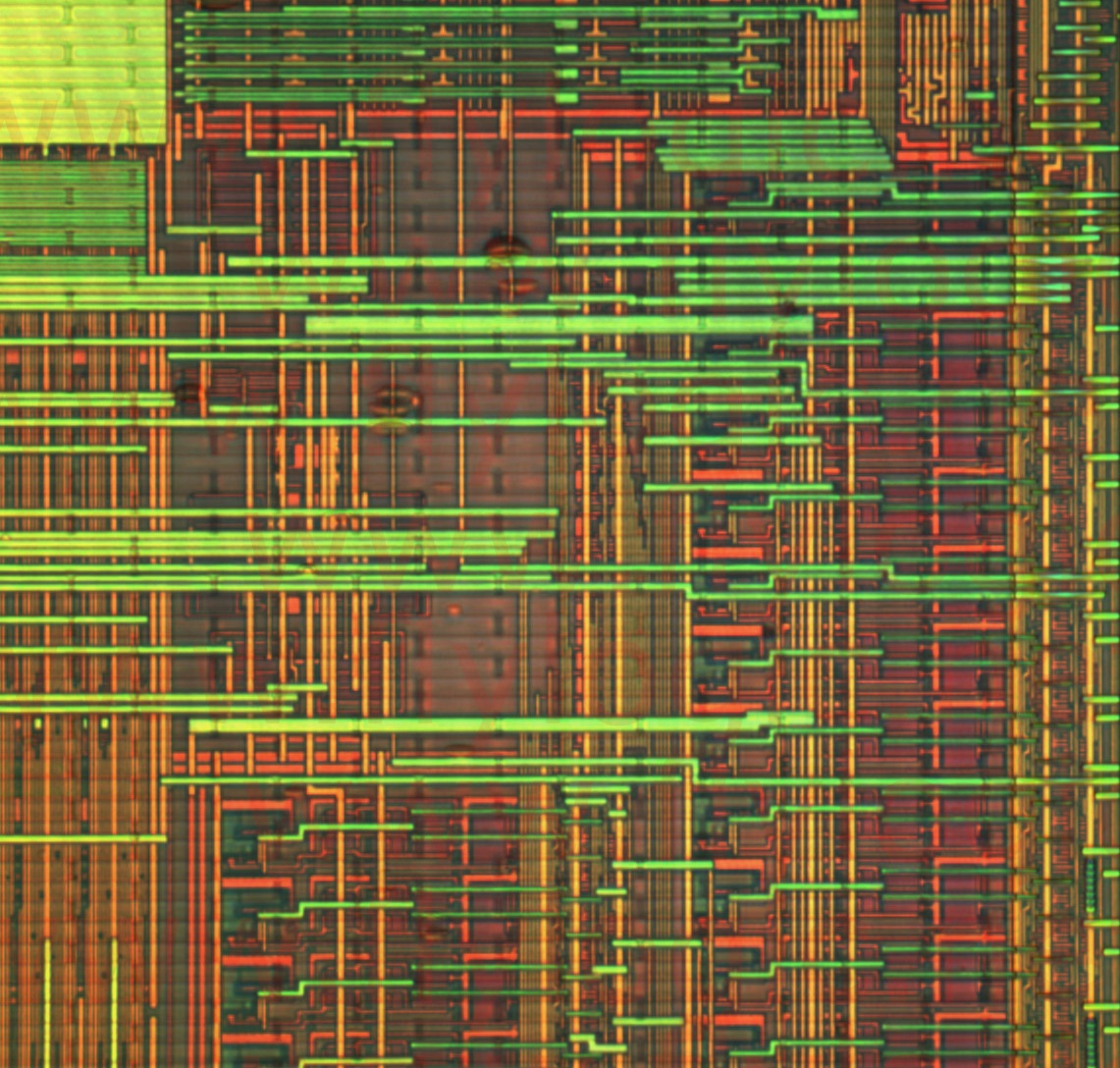Sure, you know a million apps … do you know any computer science?Computer Science is the study of computation built on fascinating (and beautiful!)
principles. | ||||
New Course |
CSE120: COMPUTER SCIENCE PRINCIPLES | |||
The Department of Computer Science and Engineering (CSE) will offer a new course in Winter Quarter 2011 titled: COMPUTER SCIENCE PRINCIPLES. The course is designed for non-majors and covers fundamental concepts of computer science that are essential knowledge for a well educated person living in the 21st century. | ||||
Apply!
|
 https://catalyst.uw.edu/webq/survey/snyder/106424 |
|||
Be A PioneerThe COMPUTER SCIENCE PRINCIPLES class is part of a 5-campus effort (UW, UC Berkeley, UC San Diego, UNC at Charlotte, Metropolitan College of Denver) to create a new course to be the basis for a new AP computing exam for all students. It’s a new never-before-taught syllabus. Pioneers wanted! Content: Seven Big IdeasCSE120 covers the seven Big Ideas in computing as defined by the College Board’s Commission on the Computer Science Principles Exam. The ideas are
FAQs for Computer Science PrinciplesQuestions people ask about Computer Science Principles:
NoticeCSE120 Computer Science Principles has been developed as part of a project funded by the National Science Foundation’s Broadening Participation in Computing Program and The College Board's Advanced Placement Program. It is one of five pilot courses teaching this material. Students taking the class will be expected to participate in surveys evaluating the effectiveness of the class, its curriculum, instructor and materials. |
||||
| Contact: snyder at cs dot washington dot edu |






